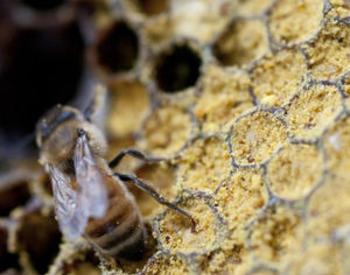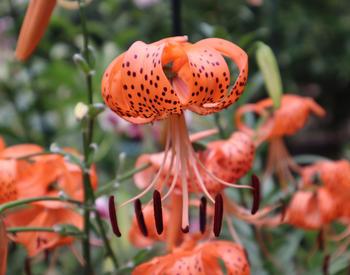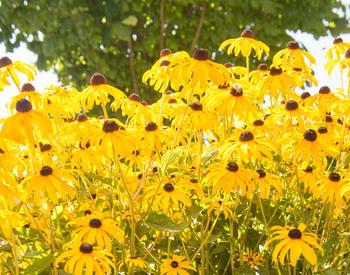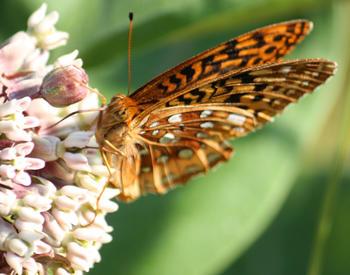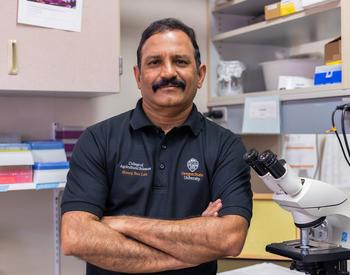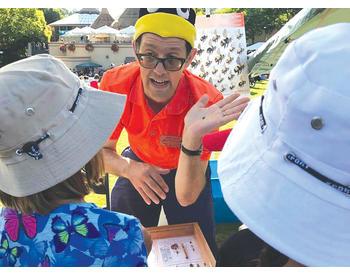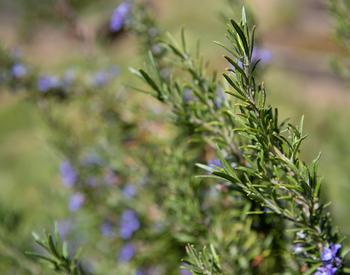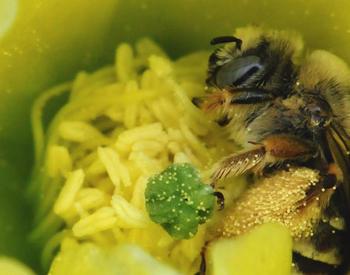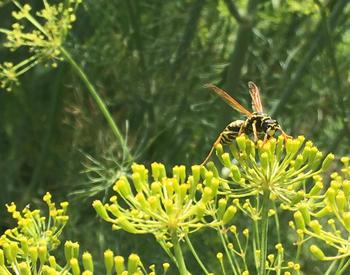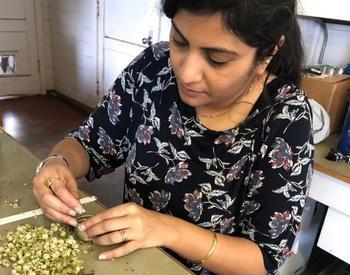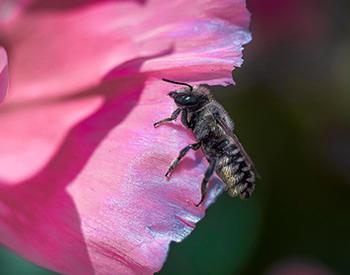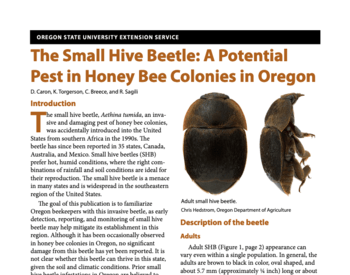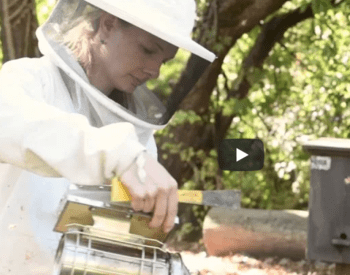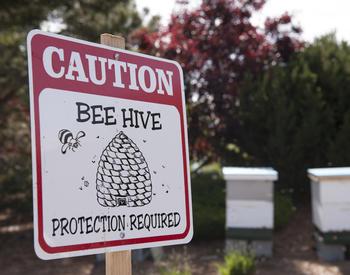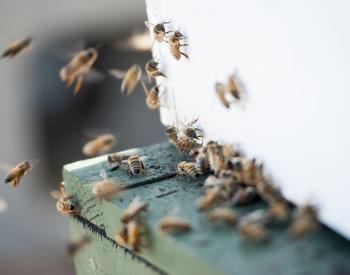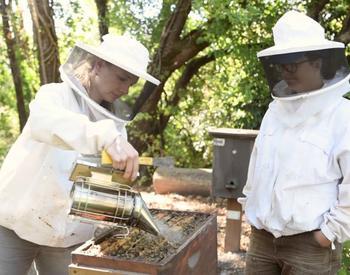Transcript
Hi everyone, I'm Sarah Gardner from Pendleton, Oregon, and I am out in the field today with my trusty technician, Burt the dog, to talk to you about broad strokes entomology, or the study of insects, and touch on some of the research projects I have taken on in the last couple of years. I also want to discuss how you can use entomology in future career options.
I got into entomology at the age of four when a beautiful butterfly landed on me while I was playing in the backyard. I decided to go to my local library, check out an insect identification guide, and try to figure out what insects were in my backyard. When I was 12 years old, I volunteered for an entomological collection at the Museum of Natural History in Salt Lake City, Utah. This gave me more expertise and options for my future in entomology.
I graduated with my master's degree in 2012 with an emphasis in pollination ecology, focusing on native bees and the impact of humans on them. One of the projects I'm working on is with the Confederated Tribes of the Umatilla Indian Reservation, looking at pollinator networks on their first food plants. First foods are culturally significant plants used in rituals and feasts, and the tribes were concerned about pollinator availability for these plants. They hired me to look at the plant-pollinator network, determine if pollinators are required for reproduction, and identify the pollinators.
Today, I'm in a beautiful huckleberry field, studying the pollinators on these plants. Huckleberry flowers are shaped in a way that makes them difficult for some insects to access. To collect insects, you can use an aerial or hand net to sweep them from the flowers. Once collected, insects are euthanized using ethanol and placed in a vial for further identification.
You can use entomology in various settings, such as native bee research, forensic entomology to determine time of death at crime scenes, or pest mitigation for economically significant pests like mosquitoes. My consulting business, Bee Ecology Consulting, focuses on native bee research, but entomology offers many career opportunities.
I recommend starting with basic identification keys from your local library and exploring your backyard to see what insects you can find. It's a fascinating field, and I hope you have a wonderful time finding bugs!
Bee Entomologist, Sarah Gardner of Beecology Consulting, LLC, and a Master Mellitologist Mentor, shares how she studies bees in Northeast Oregon that pollinate First Foods for the Confederated Tribes of the Umatilla. This video is part of the Greater Oregon STEM Hub Explore Science Club.
